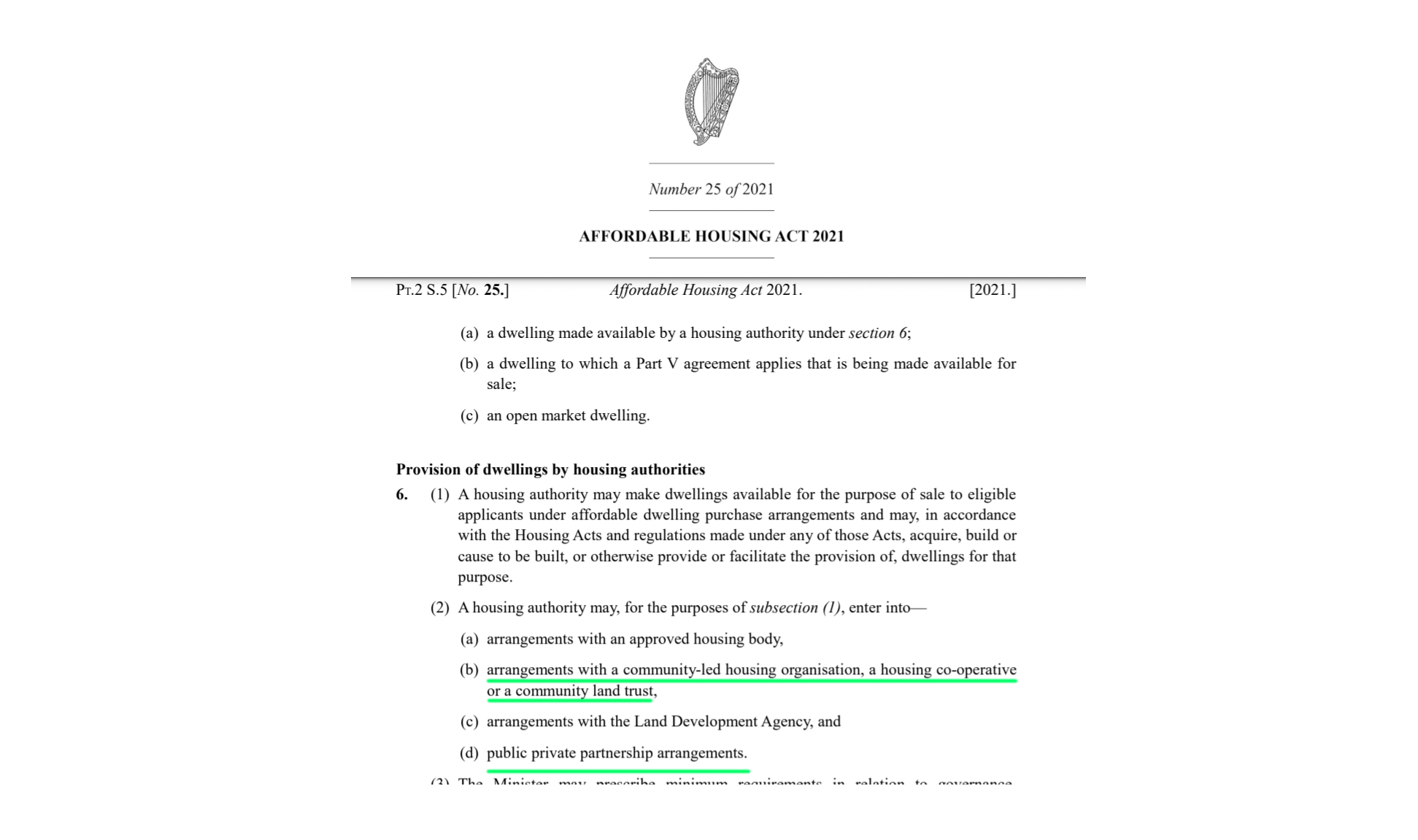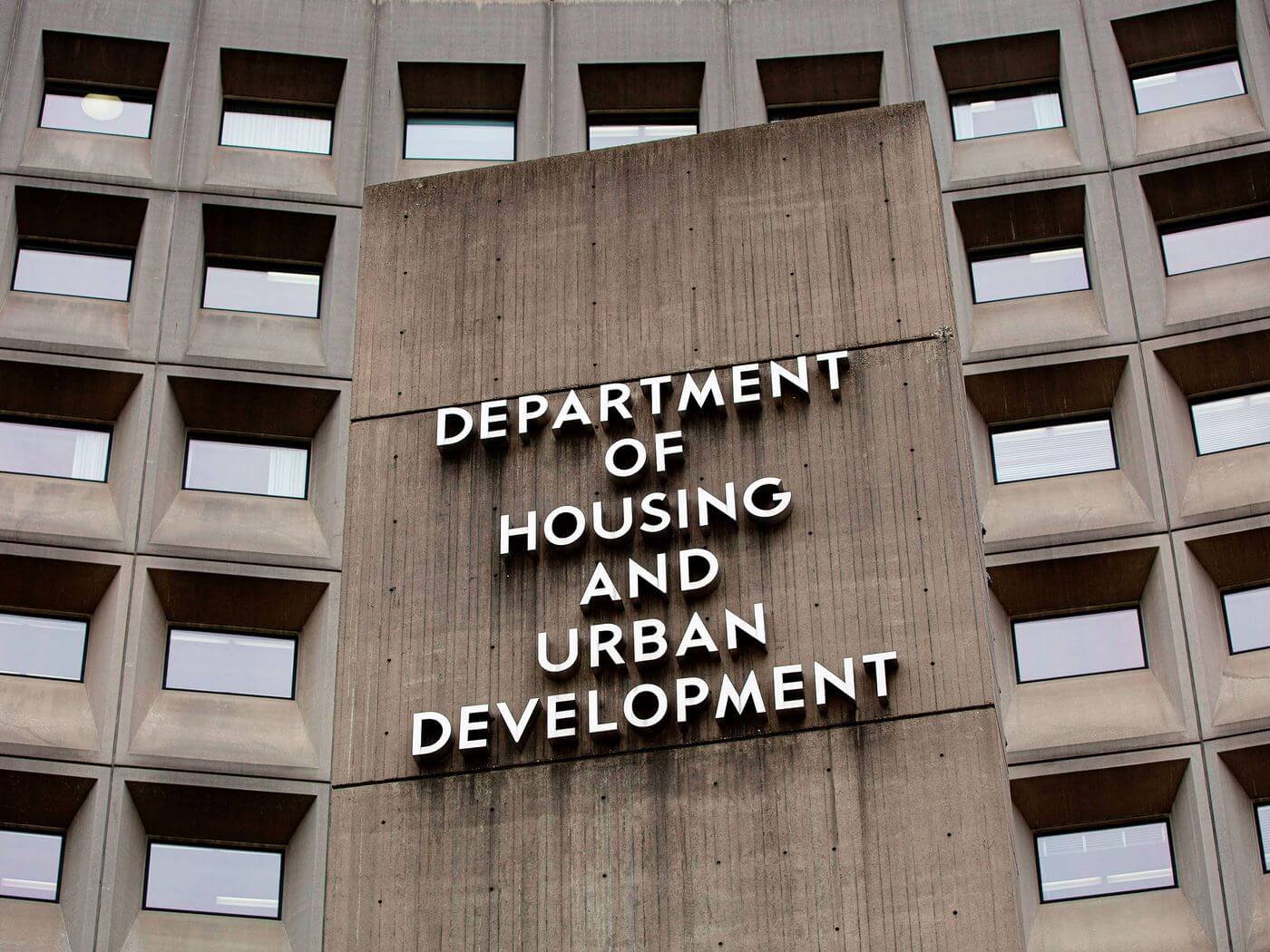Understanding 2-Bedroom Housing Commission Properties: 2 Bedroom Housing Commission

The Housing Commission provides affordable housing options for eligible individuals and families. Two-bedroom properties are a popular choice for many, offering a comfortable and secure living space. Let’s explore the key aspects of these properties.
Eligibility Criteria
Eligibility for a 2-bedroom Housing Commission property is determined based on several factors, including:
- Income: Your household income must fall within the specified limits for the region. These limits are based on the number of people in your household and are reviewed regularly.
- Household Composition: The property is designed for a specific number of occupants, so your household size must align with the property’s capacity.
- Housing Needs: You must demonstrate a genuine need for housing assistance, such as being unable to afford private rental options or facing homelessness.
- Rental History: Your previous rental history, including any instances of unpaid rent or tenancy breaches, is considered.
Features and Amenities
Two-bedroom Housing Commission properties typically include the following features and amenities:
- Two bedrooms: Each bedroom provides a comfortable space for sleeping and personal belongings.
- Living room: A dedicated space for relaxation and socializing.
- Kitchen: Equipped with essential appliances like a stove, oven, refrigerator, and sink.
- Bathroom: A private bathroom with a shower or bath tub.
- Laundry facilities: On-site laundry facilities are often available for residents.
- Outdoor space: Some properties may have a small yard or balcony for outdoor enjoyment.
Rental Costs
The rental costs for 2-bedroom Housing Commission properties are significantly lower than similar properties in the private market. This makes them a more affordable option for individuals and families who struggle to afford private rentals.
The rent is typically calculated based on a percentage of your household income, ensuring that it remains affordable and manageable.
For example, a 2-bedroom Housing Commission property in a specific area might cost $250 per week, whereas a comparable privately owned property could cost $400 per week or more. This substantial difference can significantly impact your budget and financial well-being.
The Benefits of Living in a 2-Bedroom Housing Commission Property

Living in a 2-bedroom Housing Commission property can offer several advantages, particularly for individuals and families seeking affordable and secure housing. These properties are designed to provide a stable living environment, often with access to essential support services, making them a viable option for those facing housing challenges.
Affordability and Financial Stability
Housing Commission properties are typically offered at a significantly lower rent compared to privately owned properties. This affordability can provide financial stability, allowing residents to allocate more resources towards other essential needs like food, healthcare, and education. The lower rent can also contribute to improved credit scores, making it easier for residents to access financial services and secure future housing options.
Access to Support Services
Many Housing Commission properties are located in areas with access to a range of support services, such as community centers, healthcare facilities, and job training programs. These services can be particularly beneficial for individuals and families facing social or economic challenges. The proximity to these services can enhance the overall well-being of residents, providing them with opportunities for personal growth and advancement.
Security and Stability, 2 bedroom housing commission
Housing Commission properties are designed to provide a secure and stable living environment. The properties are often located in safe neighborhoods with access to security measures, ensuring the safety and well-being of residents. The long-term leases offered by Housing Commissions also provide a sense of security and stability, allowing residents to plan for the future without the worry of eviction.
Community and Social Support
Living in a Housing Commission property can foster a sense of community and social support. Residents often share similar experiences and challenges, creating a supportive environment where they can rely on each other for assistance and advice. This sense of community can be particularly valuable for individuals and families who are new to the area or who may be facing isolation.
Drawbacks of Living in a 2-Bedroom Housing Commission Property
While there are numerous benefits to living in a Housing Commission property, it’s essential to consider potential drawbacks.
Waiting Lists and Limited Availability
The demand for Housing Commission properties often exceeds availability, resulting in long waiting lists. This can be a significant barrier for individuals and families seeking immediate housing solutions. Additionally, the limited availability of properties may restrict residents’ choices regarding location and property features.
Maintenance Issues and Bureaucracy
Housing Commission properties are subject to regular maintenance and repairs. However, the process of reporting and resolving maintenance issues can sometimes be slow and bureaucratic. This can be frustrating for residents who experience urgent maintenance needs, potentially impacting their quality of life.
Restrictions and Regulations
Housing Commission properties are subject to specific rules and regulations, which can sometimes be restrictive. These regulations may cover aspects such as pet ownership, guest policies, and property modifications. While these regulations are intended to maintain order and safety, they can also limit residents’ autonomy and flexibility.
Table Comparing Pros and Cons
| Feature | 2-Bedroom Housing Commission Property | Privately Owned Property |
|---|---|---|
| Affordability | Significantly lower rent | Higher rent, potentially exceeding budget |
| Support Services | Access to community centers, healthcare facilities, and job training programs | Limited access to support services, depending on location |
| Security and Stability | Secure neighborhoods with long-term leases | Varying levels of security and stability, depending on location and landlord |
| Community and Social Support | Strong sense of community and social support | May lack a sense of community, depending on neighborhood |
| Waiting Lists and Availability | Long waiting lists and limited availability | Easier access, but availability and price vary widely |
| Maintenance Issues and Bureaucracy | Potential delays in maintenance resolution due to bureaucracy | Faster response to maintenance requests, but costs may be higher |
| Restrictions and Regulations | Specific rules and regulations, potentially limiting autonomy | Fewer restrictions, but may be subject to landlord’s rules |
The Application Process for 2-Bedroom Housing Commission Properties

Applying for a 2-bedroom Housing Commission property can seem daunting, but it’s a straightforward process if you know what to expect. This section Artikels the steps involved, the required documentation, and how to prepare for an interview.
Required Documentation
Before applying, you need to gather essential documents. These documents are used to verify your identity, income, and residency status.
- Proof of identity: This can be a driver’s license, passport, or birth certificate.
- Proof of income: This can be a pay slip, bank statement, or Centrelink payment summary.
- Proof of residency: This can be a utility bill, rental agreement, or council rates notice.
- If applicable, proof of family status: This could include birth certificates, marriage certificates, or court orders.
It’s crucial to have these documents readily available as they’re required for your application.
Submitting Your Application
The application process typically involves completing an online form or visiting a Housing Commission office.
- Online Application: Most Housing Commissions have online application portals where you can fill out the application form and upload the required documents.
- In-Person Application: You can also visit a Housing Commission office to complete a paper application form and submit your documents in person.
Be sure to provide accurate and complete information on the application form.
Preparing for an Interview
Once your application is submitted, you may be invited for an interview. The interview is an opportunity for the Housing Commission to assess your eligibility and learn more about your housing needs.
- Review Your Application: Before the interview, carefully review your application form and ensure all information is accurate and complete.
- Prepare Questions: Think about any questions you have about the application process, the property, or the Housing Commission’s policies.
- Dress Appropriately: It’s important to dress professionally and arrive on time for your interview.
- Be Prepared to Discuss Your Housing Needs: Be ready to explain your current housing situation, your reasons for seeking Housing Commission assistance, and your preferred property type.
By preparing for the interview, you can increase your chances of a successful application.
Checklist for Applicants
To ensure you have everything you need before submitting your application, consider this checklist:
- Proof of identity
- Proof of income
- Proof of residency
- Proof of family status (if applicable)
- Completed application form
- Questions for the interview
Having all necessary documents and information will make the application process smoother.
